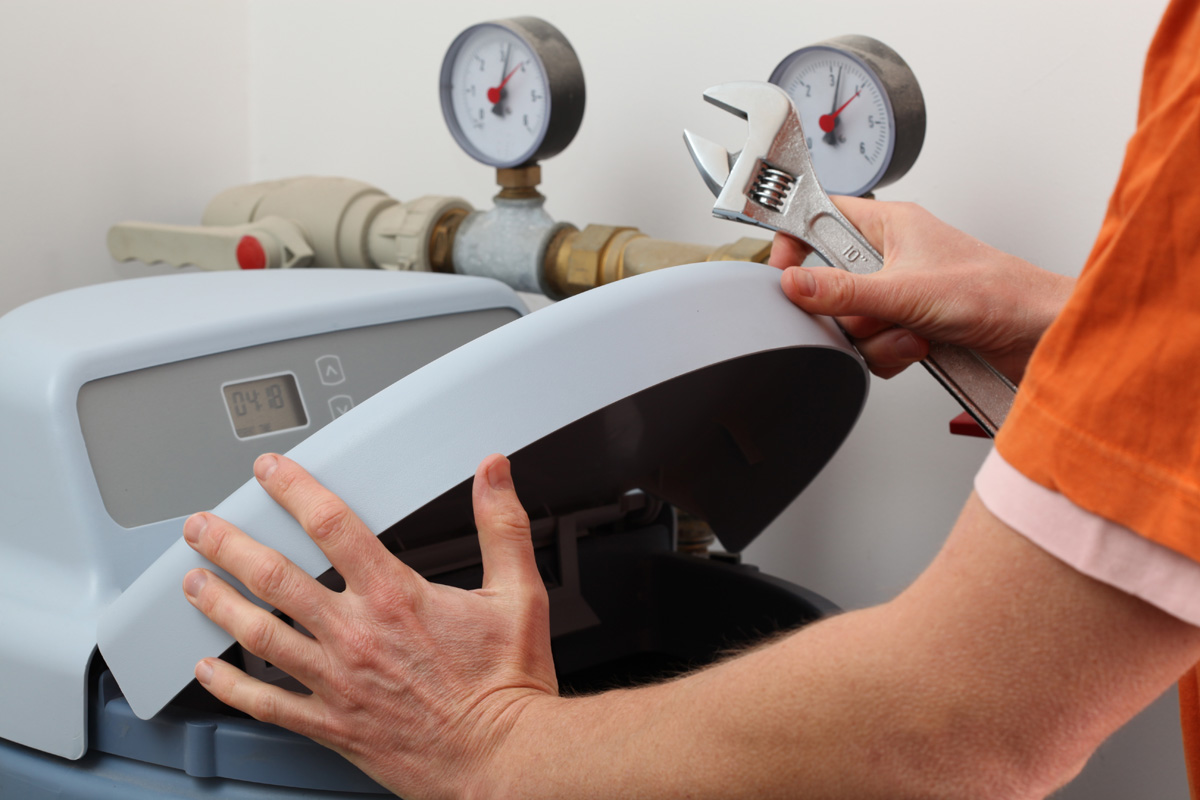There are two major types of water in the United States: hard water and soft water.
Hard water contains a higher level of minerals and natural elements like calcium and magnesium than soft water. While many people enjoy the taste of hard water due to the presence of these minerals, they may dislike the way it feels on their skin when bathing or the way it builds up on surfaces such as coffee pots, dishes, and the insides of dishwashers, bathtubs, and showers. It can also cause problems with plumbing systems by creating build-ups inside pipes.
Soft water, on the other hand, has a lower level of minerals and natural elements, making it preferable for many people for household tasks and personal hygiene.
The hardness of the water in your home is largely dependent on your geographic location, with soft water being most common in the South, Northeast, and West Coast, and hard water being more common in the Midwest and Western regions of the country.
How Can You Soften Your Water?
If you live in an area that primarily has hard or moderately hard water and you prefer soft water, it’s possible to reduce the levels of calcium and magnesium in your water by using a water softener—also known as an ion exchange unit.
Ion exchange units utilize both physical and chemical processes to filter your home’s water by removing the calcium and magnesium ions in exchange for sodium ions. After the process is complete, the water that will enter your home via faucets and showerheads will have the same properties as naturally soft water.
What Should You Know about Water Softeners?
It’s important to know that there are advantages and disadvantages to the water softening process:
Advantages
- Reduces wear and tear and buildup in your pipes and indoor plumbing
- Reduces scaling on dishes and cookware
- Reduces the feel of soap and film on skin and hair while showering or bathing
- Prolongs the lifespan of appliances like dishwashers and clothes washers
Disadvantages
- Tap water may taste blander or have less flavor
- Reduces natural intake of essential dietary needs like sodium, calcium, and magnesium
- Water softening unit requires maintenance
- Places additional strain on septic systems due to increase water usage
Questions? Ask the Experts
For more information about water softeners, including the steps you’ll need to take to install one in your home, contact the plumbing experts at Aqueduct Pluming Company, LLC, today.


